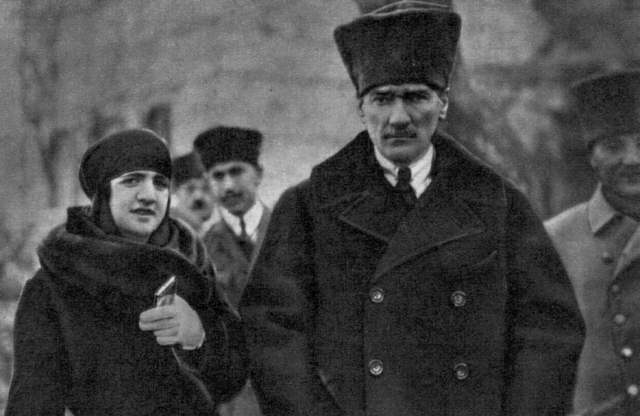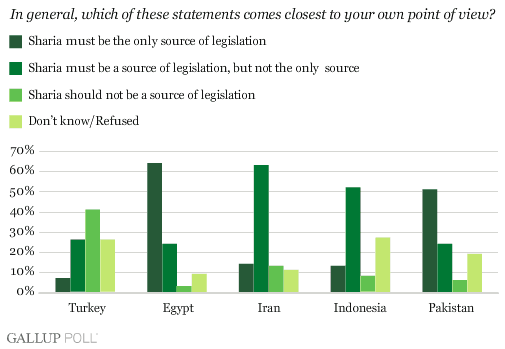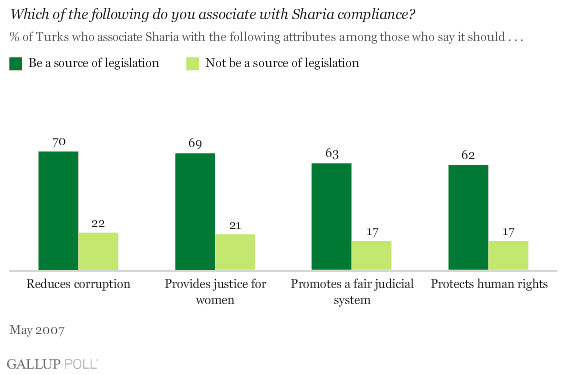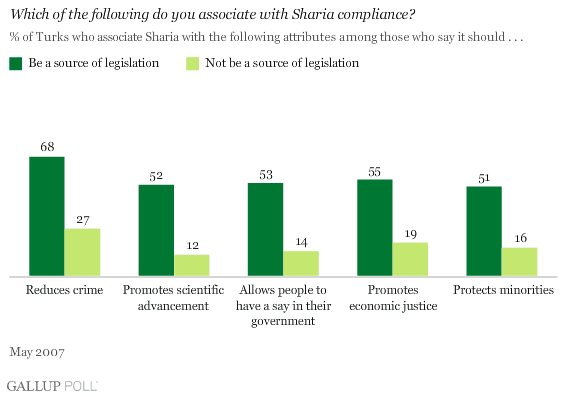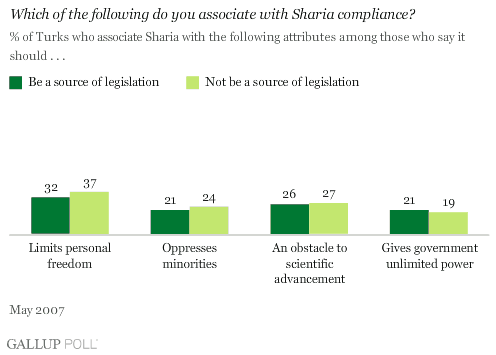Againsheila
Gold Member
Can you imagine having fun while wearing that kind of outfit? I must admit, it's beyond my imagination. I also said "I think", not "I know". As a kid, I wore jeans as much as possible and this was when girls wore dresses. Climbing trees in dresses is really hard, I think it must be impossible in a burka.
I'm sure that if you thought for a minute, you'd realize that "fun" is subjective and one person's idea of a good time may not be entirely consistent with another person's. You'd probably also realize that making assumptions about someone based on their appearance is silly. No aspect of Islam prevents a Muslim woman from wearing jeans or whatever type of clothing she wants as long as she safeguards her modesty.
Then why the burka? Climbing trees for me was the best part about being a kid. We climbed my grandfather's cherry tree. I felt so sorry for the boy in the wheelchair next door that my big brother and his friend hooked up a rope and pulley system and we hauled him into that tree, much to his mother's chagrin. I guess you could use a rope and pulley system on someone in a burka, but the hell we got from his mother made it so we wouldn't want to try it again.
The kid told me it was the best time he ever had.



